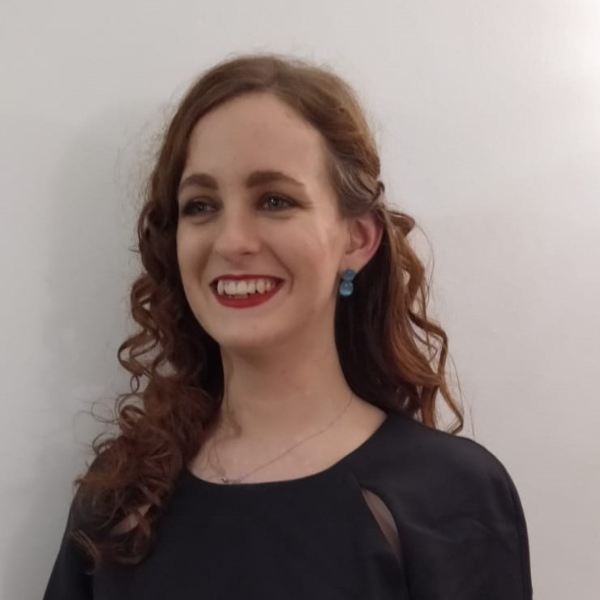Italy
Researcher (scientific/technical/engineering)
Date of the expedition
From 17/08/2024 to 14/12/2024
Selected Track
Challenges
Project title
NISQ-EMU: NISQ-READY QUANTUM ALGORITHMS FOR INDUSTRY 4.0
Host Organization
Fermilab –SQMS Center
Media
Biography
Chiara Vercellino holds an MSc degree in Mathematical Engineering from Politecnico di Torino. She is currently a PhD student in Computer Engineering at Politecnico di Torino and an expert researcher in the Advanced Computing, Photonics, and Electromagnetics (CPE) area of Fondazione LINKS. Her primary focus is on optimization algorithms, particularly targeting HPC/Cloud resource orchestration and quantum optimization for industrial applications. She is a member of the SRA-6 WGs “Energy Efficiency & Sustainability” and “Quantum+HPC” at ETP4HPC, as well as the QuIC Ecosystem working group.
Project Summary
The NISQ-EMU project aims to address the critical challenges that currently limit the application of quantum computing in industrial settings. Quantum computing holds great potential to solve complex problems faster than classical computers, but several obstacles still stand in the way of its widespread use. These include:
- Limited qubit count, which constrains the complexity of solvable problems.
- Short coherence times, the window in which quantum computations must be completed before external interference causes loss of control over the quantum state.
- Noise and error rates, where imperfect quantum operations introduce errors like bit flips, affecting the accuracy and reliability of the results.
These challenges are interconnected and require a holistic approach that encompasses advancements in both hardware and algorithm design. The primary purpose of NISQ-EMU is to mitigate the effects of noise by developing advanced quantum error correction (QEC) protocols. These protocols will enhance the reliability of quantum computations, ensuring that they produce consistent and accurate results despite the presence of noise. By collaborating closely with hardware developments at the SQMS Center, NISQ-EMU aims to contribute to bridging the gap between current noisy intermediate-scale quantum (NISQ) devices and future fault-tolerant quantum computers, thus paving the way for industrial applications.

Key Result
- State-of-the-art Analysis: We conducted a comprehensive evaluation of current quantum error correction (QEC) algorithms, identifying both their potential and limitations in practical applications.
- Quantum Technology Assessment: We analysed the specific characteristics of the targeted quantum computers, determining which QEC schemes are feasible for these systems. This analysis also provided criteria for selecting the most suitable QEC approaches and establishing a benchmarking framework.
- Development of New QEC Protocols (Work in Progress): We have outlined a modular QEC protocol designed to operate across various quantum technologies, enhancing overall efficiency. While the core structure is defined, we are currently refining key connection points to ensure seamless integration and optimal performance.
Impact of the Fellowship
The NISQ-EMU project aims to contribute to the advancement of innovative quantum technologies, particularly through the development of quantum error correction protocols, which are essential for making quantum computing more viable for industrial applications.
By leveraging a joint research effort between the SQMS Center in the US and Fondazione LINKS in Italy, the fellowship strengthens collaboration between Europe and the US in quantum computing. This partnership enhances scientific validation and fosters opportunities for continued collaboration.
The project is expected to result in at least one publication in a relevant conference or high-impact journal, presenting the findings. This may attract interest from companies to test the solution and could serve as a foundation for increasing the technology readiness level (TRL) through additional funding sources.

